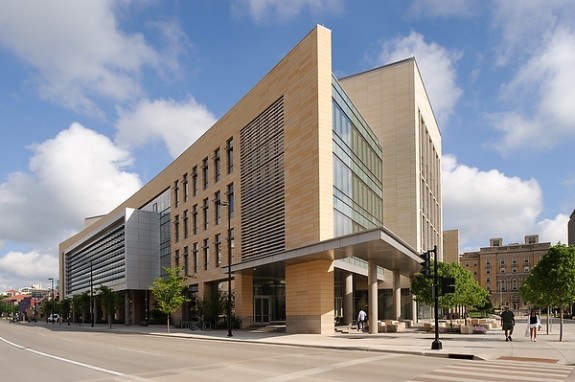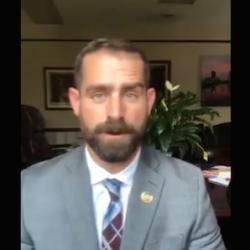Children who attend Catholic schools within the Madison diocese won’t be taking any more field trips to a renowned research center because it conducts research using embryonic stem cells.
The Madison Catholic Diocese, which announced its decision in a letter Thursday, said the research at the Wisconsin Institutes for Discovery runs counter to Catholic teachings on the sanctity of human life, the Wisconsin State Journal reported.
Any plans to have students visit the center “should be halted immediately, and alternative, morally acceptable means of meeting the educational objectives should be utilized,” wrote Michael Lancaster, the superintendent of Catholic schools.
The decision, approved by Bishop Robert Morlino, affects about 7,400 children at 44 schools, although only a few of those schools had been taking students to the facility, Lancaster said.
Peter Hess, the director of religious-community outreach for the National Center for Science Education in Oakland, Calif., called the move problematic. He said it was a “huge overreach” to prohibit students from visiting an entire institution because of the research being done by a single department of that institution.
“My approach would be not to shrink away from controversial issues but to empower students to think critically,” Hess said. “I want my children exposed to science, and if there’s something the church opposes, you use it as a teachable moment.”
Wisconsin Institutes for Discovery is a public-private research center on the University of Wisconsin-Madison campus. It houses the Morgridge Institute for Research, where researcher James Thomson, the first scientist to grow human embryonic stem cells in a lab, runs the regenerative biology department.
Stem cells can turn into any cell of the body, so scientists are interested in using them to create tissue for treating disease. But the Vatican opposes embryonic stem cell research because embryos are destroyed in the process.












